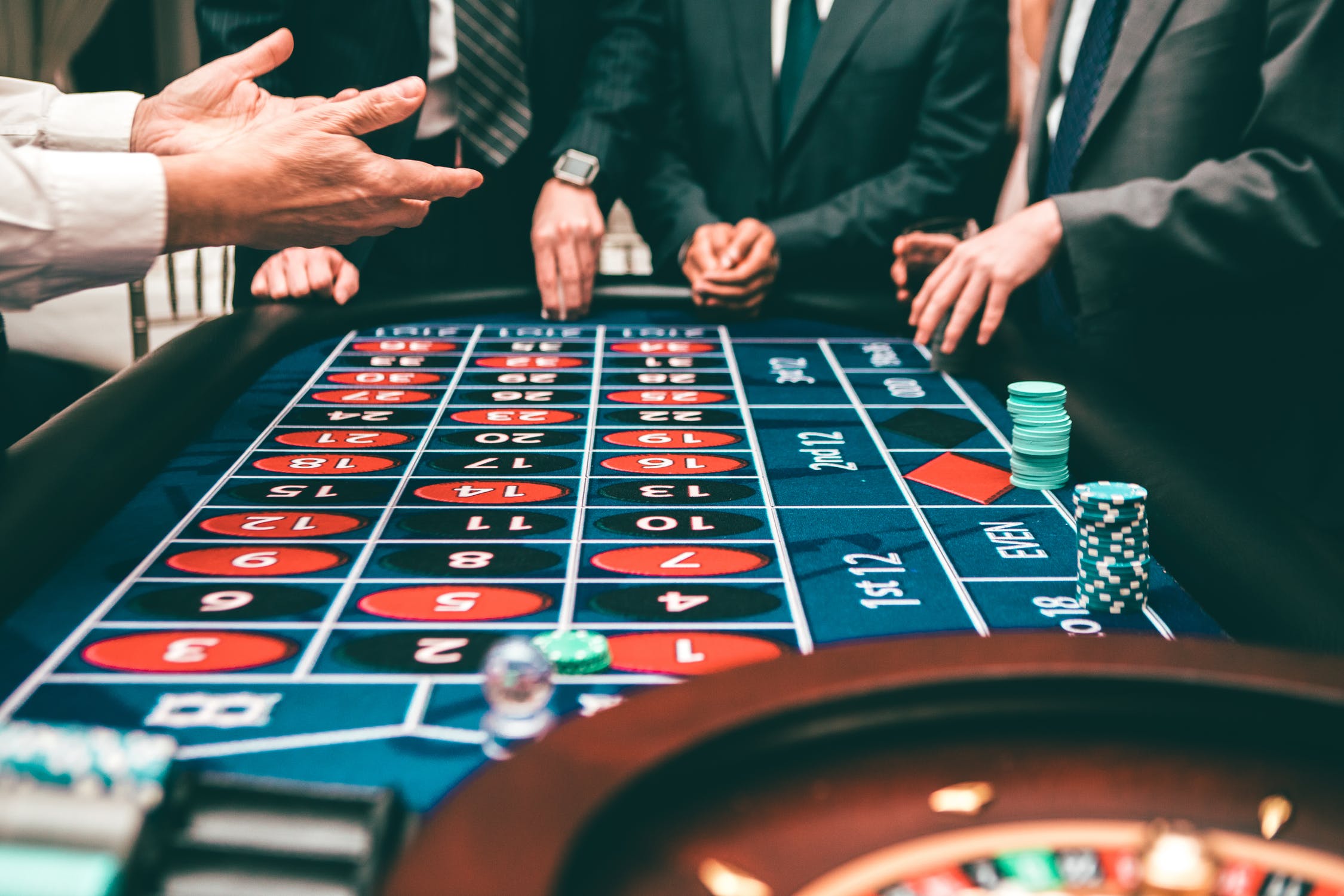
In the vibrant realm of casinos, where the atmosphere humms with enthusiasm and the clinking of chips fills the space, the position of a dealer is both essential and captivating. Each day, these experienced professionals step into a world where luck and strategy converge, guiding players through the ups and downs of their chosen casino games. From card games like 21 and poker to the spinning wheels of the roulette table, dealers manage the action while making sure that each game runs seamlessly and honestly.
As the sun rises on another busy day, a casino dealer prepares to dive in this dynamic setting. Their responsibilities extend beyond just dealing the cards or turning a wheel; they are also performers, customer service representatives, and keepers of the rules. Each workday brings new challenges and experiences, making every day distinct in the life of a casino dealer. This behind-the-scenes look will explore the day-to-day operations of a casino game dealer, highlighting the expertise and experiences that make this career both exciting and rewarding.
The Role of a Casino Game Croupier
A casino table croupier is at the heart of the gambling experience, managing the progress of the game while making sure that players are involved and enjoying themselves. Their primary responsibility is to manage the game, which involves distributing cards, spinning the wheel, or managing the chips, based on the type of game being played. Dealers must have a thorough understanding of the regulations and regulations governing each type of game, while also upholding a friendly and approachable demeanor to enhance the gaming atmosphere.
In addition to overseeing the gameplay, dealers must also keep a close watch on the players and the surroundings around the table. This includes watching for any indications of cheating, making sure that everyone is following the guidelines, and addressing any disputes that may arise among players. Effective communication skills are vital, as croupiers often give explanations about the game’s mechanics and offer assistance to those who may be novice to gambling games.
Moreover, a croupier’s role extends past just the technical aspects of the game. They play a crucial part in crafting an immersive experience for the players. This necessitates building a rapport with patrons, being sensitive to their wants, and often adding an element of entertainment into the game. It’s this combination of talent, alertness, and people skills that makes the position of a gambling game croupier both challenging and fulfilling in the dynamic world of gambling games.
Daily Responsibilities and Challenges
One of the primary responsibilities of a dealer in a casino is to manage the various games offered at their table, making sure a smooth and enjoyable experience for players. Dealers must be adept at distributing cards, managing chips, and maintaining the continuity of the game. This necessitates a deep understanding of the rules of each game, from blackjack to roulette, and the ability to answer players’ questions while keeping the game progressing. Attention to detail is essential, as dealers must monitor bets, pay out winnings accurately, and watch for any cheating or discrepancies at the table.
In addition to supervising the game per se, dealers face challenges such as dealing with difficult players. The casino environment can be stressful, particularly during high-stakes games, and a dealer must remain calm and professional at all times. They need strong interpersonal skills to handle interactions with players who may be upset about losses or dissatisfied with the game’s speed. Handling these situations delicately is important in creating a friendly atmosphere on the casino floor.
Another significant responsibility is maintaining the integrity of the game. Dealers must be vigilant and attentive, watching for any signs of collusion or cheating among players. This involves not only a solid knowledge of the games but also an awareness of human behavior. They must also adhere to the casino’s regulations and procedures, participating in regular training sessions to stay informed on rules and protocols. Balancing these responsibilities while providing excellent customer service is what makes the role both challenging and fulfilling for a casino game dealer.
Attributes and Skills for Achievement
A successful casino game dealer must possess excellent communication skills. This includes not only the ability to explicitly explain game rules and procedures to gamblers but also the capacity to connect with them in a cordial and respectful manner. Cultivating rapport with guests can enhance the gaming experience and encourage repeat visits to the casino. Proficient communication enables dealers to manage tables efficiently while ensuring that players feel valued.
Furthermore, strong mathematical skills are essential for a dealer. Quick math are often required to monitor bets, payouts, and game outcomes in real-time. A dealer’s ability to perform these calculations accurately and swiftly contributes to the overall efficiency of the game. This skill helps in maintaining the flow of play and in minimizing disputes or misunderstandings with players, which is crucial in a rapid casino environment.
Lastly, an ideal casino game dealer should exhibit integrity and professionalism at all times. Trust is a key component of the gaming experience, and players must feel secure that the games are conducted equitably and openly. A dealer’s devotion to upholding high ethical standards fosters a positive atmosphere at the table and enhances the casino’s reputation. Being dependable in behavior ensures that dealers leave a memorable impression on guests, which can lead to a faithful customer base. slots non AAMS
